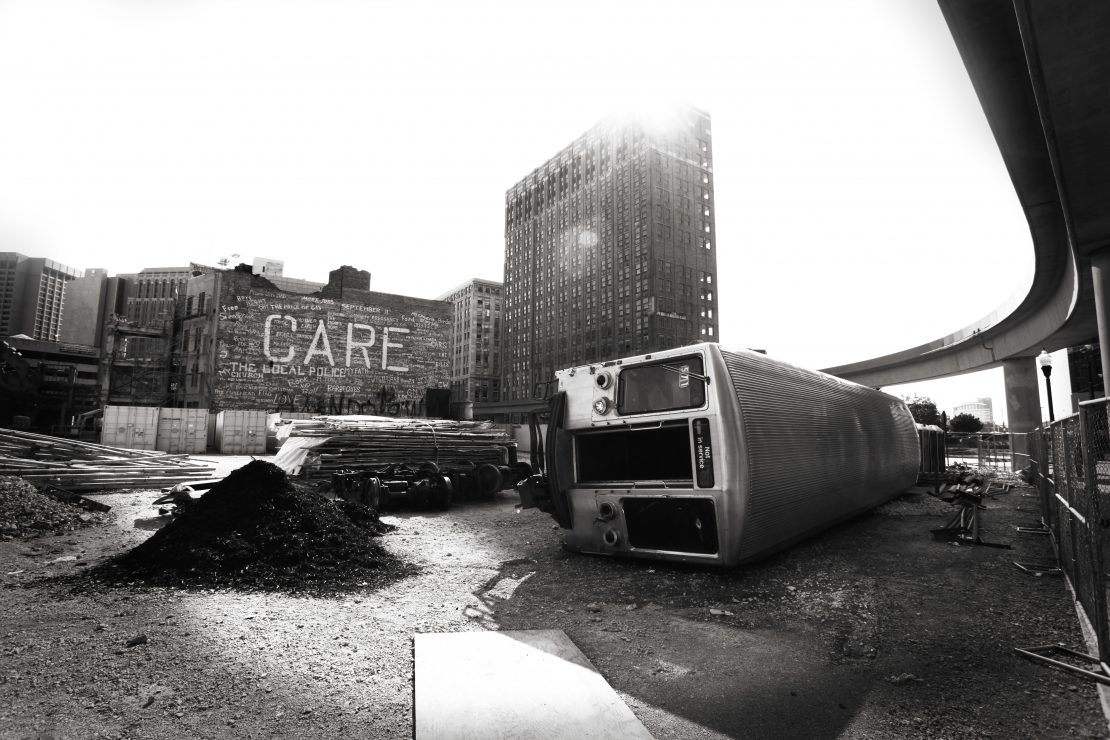Adapting to change in the Australian metals recycling sector
Charles Darwin said, “It is not the strongest of the species that survives, nor the most intelligent that survives. It is the one that is most adaptable to change.”
Never has the paradigm been more true than in metals recycling today, as massive structural change sweeps the Australian sector. At the centre of this change is a major contraction in the nation’s metals reprocessing capacity.
In 2014, Alcoa chief executive Klaus Kleinfeld announced the company would close its Point Henry smelter. The closure of the smelter would see the loss of 980 jobs. However, the change for the recycling sector was broader; the smelter would cut Alcoa’s aluminium output by 190,000 tonnes.
The closure was also part of a pattern, the Point Henry announcement followed the June 2012 announcement that Norsk Hydro’s Kurri Kurri smelter in the NSW Hunter valley would also close.
The structural change is also effecting steel, with Australia’s largest steel producer Arrium announcing a $1.9 billion loss for 2014/15 – pushing the company into the hands of Administrators.
While the State and Commonwealth Governments are working together to try and save Arrium’s facilities, including a $150 million cash injection, the closure of the company’s Whyalla steelworks in South Australia seems likely.
Broadly, the pundits have attributed the closure of Australia’s recovery facilities to larger and cheaper metals reprocessing facilities in Asia, particularly in China. However, the facilities have also been affected by low commodities prices.
For recyclers, this contraction in the domestics reprocessing means metals must be exported onto the international market. While this can still be lucrative, often it means more volatile prices and higher transport costs.
Yet recyclers are adapting, by both implementing systematic efficiencies inside their businesses as well as integrating themselves into international supply chains. Meanwhile, progressive recyclers like Sims Metals Management are also broadening their scope, stepping into new streams like e-waste.
Whatever happens – in 2016 metals recycling has truly become global – and smart metal recyclers are adapting to both survive and thrive.
By Alex Serpo (Director, Resource Recovery Biz)
-
Subscribe to the latest industry news, insights and AWRE updates.
- Subscribe

